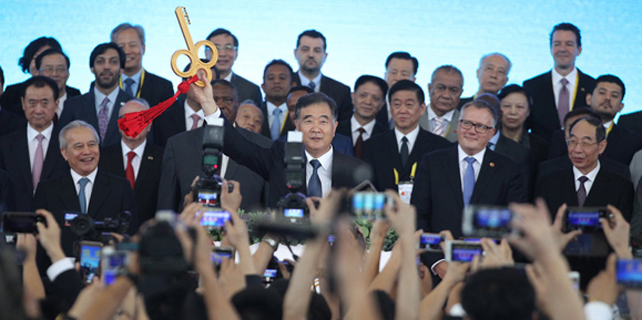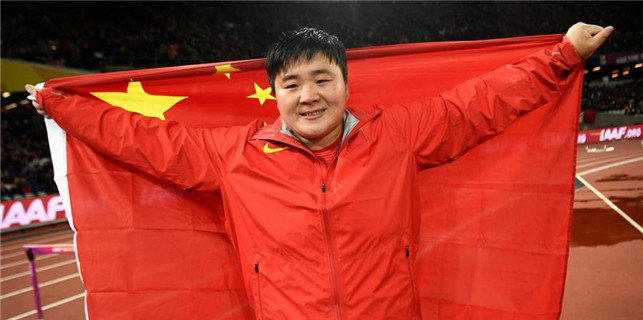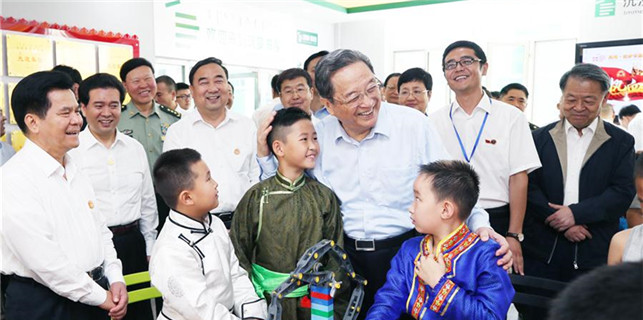Alibaba speeds up process to report counterfeit goods
Alibaba unveiled a quick-response platform on Thursday for handling reports of counterfeit goods, aiming to boost the protection of intellectual property rights.
Complaints about knockoffs from copyright and patent holders that are filed through the e-commerce company's new online express channel will be handled within 24 hours, instead of three or four days, as was normal before.
"We've streamlined our work system and improved efficiency," said Zheng Junfang, chief platform governance officer. "What we want is to provide better services for protecting IP rights more quickly for the rights holders."
During a one-month pilot program that began in June, 96 percent of complaints about fake products received a response within a day. Of those, 83 percent of the links to fake products were deleted, according to Alibaba.
Rights holders can register accounts on the platform free and submit reports of fake products found on the company's online shopping sites, including Tmall and Taobao, Zheng said. She added that her team will quickly give feedback after a big-data analysis.
"All the services are available not only in Chinese and English, but also in French, Russian and Spanish," she said.
Zhang Lin, manager of the China branch of the German Association of the Automotive Industry, applauded the company's attitude to protect intellectual property.
"Alibaba's quick-response platform helps us find information about fake product sellers or producers in a timely manner, and provides clues to police officers, which can protect our brand and reduce our economic losses," he said.
But Xie Huijia, an associate professor specializing in IPR protection at South China University of Technology, said it is not enough only to accelerate the handling of fake product claims: "More important is how accurate the fight is."
"To delete links of online shops selling fake products, the company has to compare the goods provided by sellers and the brand owners, but I don't think it's easy to verify whether the IP rights were infringed or not," he said. "Even courts often need several months to identify infringement."
Alibaba has taken action against counterfeits over the past two years. In June it said that it has used big-data technology to help it detect more than 61,000 individuals or groups suspected of operating shops that sell fake goods on Taobao.
It has also detected 1,640 factories that produce counterfeit goods and supply them to online dealers.









